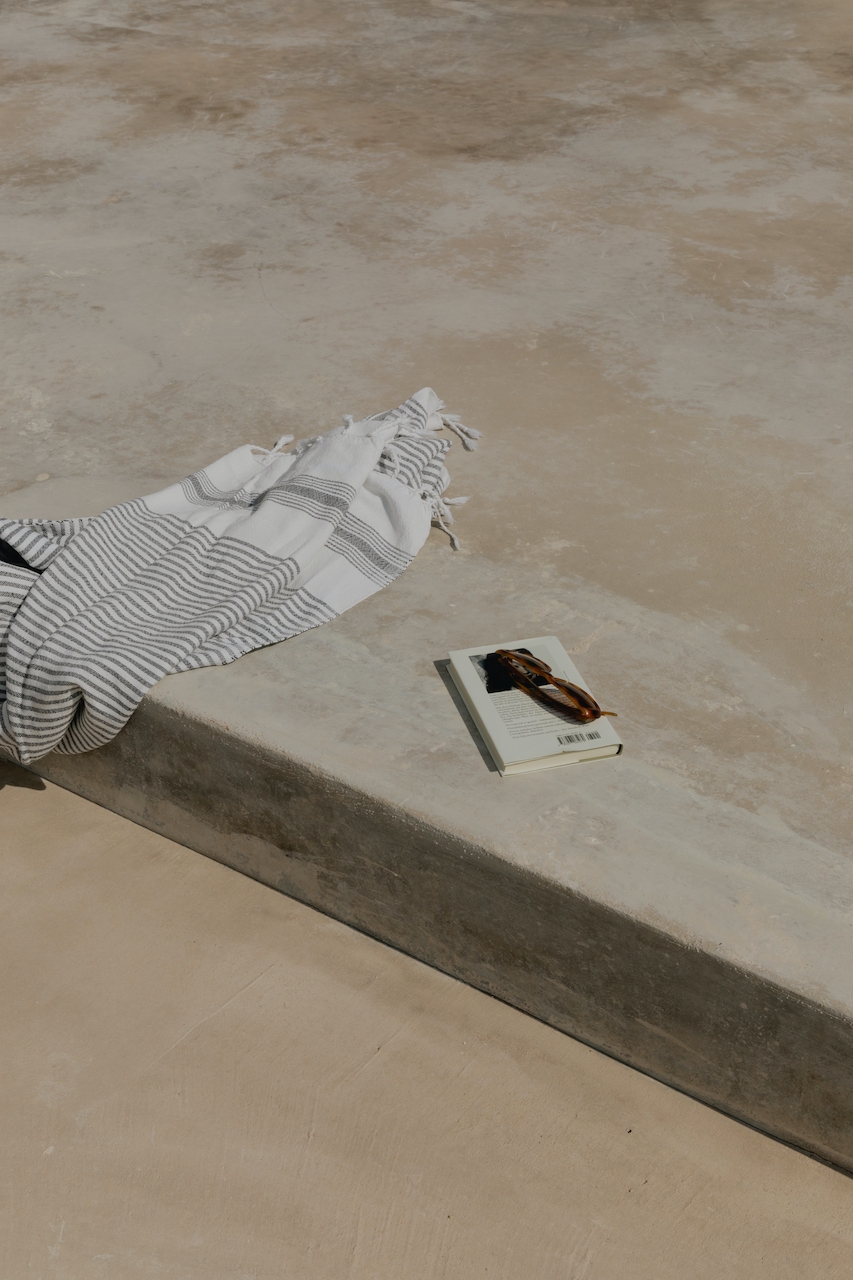
Cultural conditioning is something no human can escape. No matter how you were raised or how much of the world you’ve seen, the circumstances of your upbringing, environment, and family background inevitably shape everything from your beliefs and biases to your fears and insecurities.
People often refer to me as a “soft girl”, otherwise known as the Pinterest term for feminine and forgiving. Because of my soft girl vibes, I struggle to assert myself and tend to make myself feel inferior in my relationships and interactions with others. After much soul-searching on The Filipino American Woman Project podcast, I realized this is a common challenge for many Filipinos and Filipino Americans.
“Respect your elders” is a dominating theme of Filipino culture. This ideology has even stamped itself into our language (at least the Tagalog dialect), through the norm of adding “po” to the end of a sentence when addressing someone older than you or who is in a position of authority. This practice inserts a layer of hierarchy into every interaction which ingrains a superior/inferior complex into our cultural conditioning. Hence, it’s no wonder I (along with countless others across generations) activate that instinctive habit in my interpersonal communication. No matter what you do to expand your worldview, it takes an ongoing, conscious effort to understand how your cultural conditioning might limit you or usher you down a path of self-destruction.
The 5 ways we express cultural conditioning
Self-awareness is the antidote to many things, including the negative effects of cultural conditioning. I invite you to use the list below to reflect on how your cultural conditioning shows up in your life:
- Behaviors
- Beliefs
- Values
- Symbols
- Relationships
Cultural conditioning is a beautiful thing. It creates the essence of collective identity and celebrates generations of tradition and community. However, if we don’t unpack how we have internalized it, it can paralyze us from a lifetime of potential and possibility.















